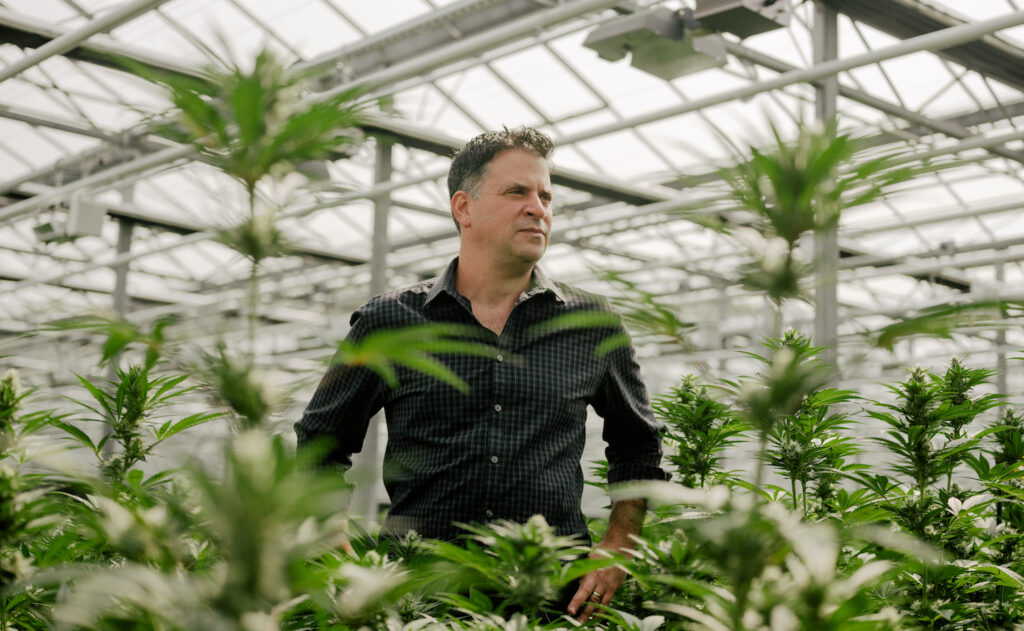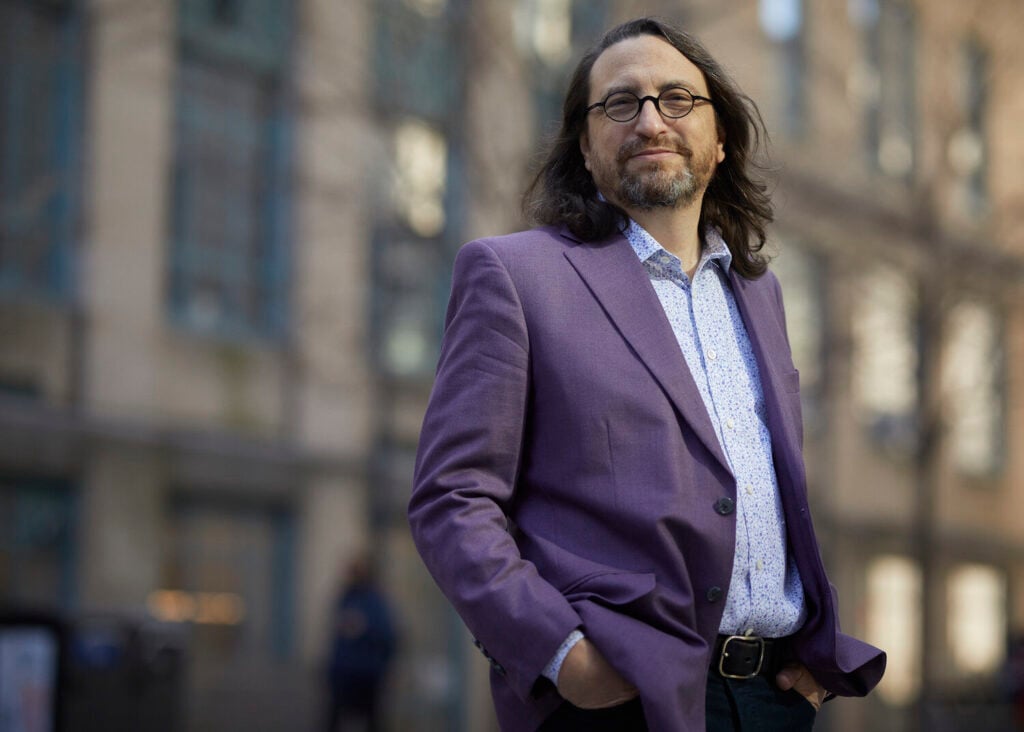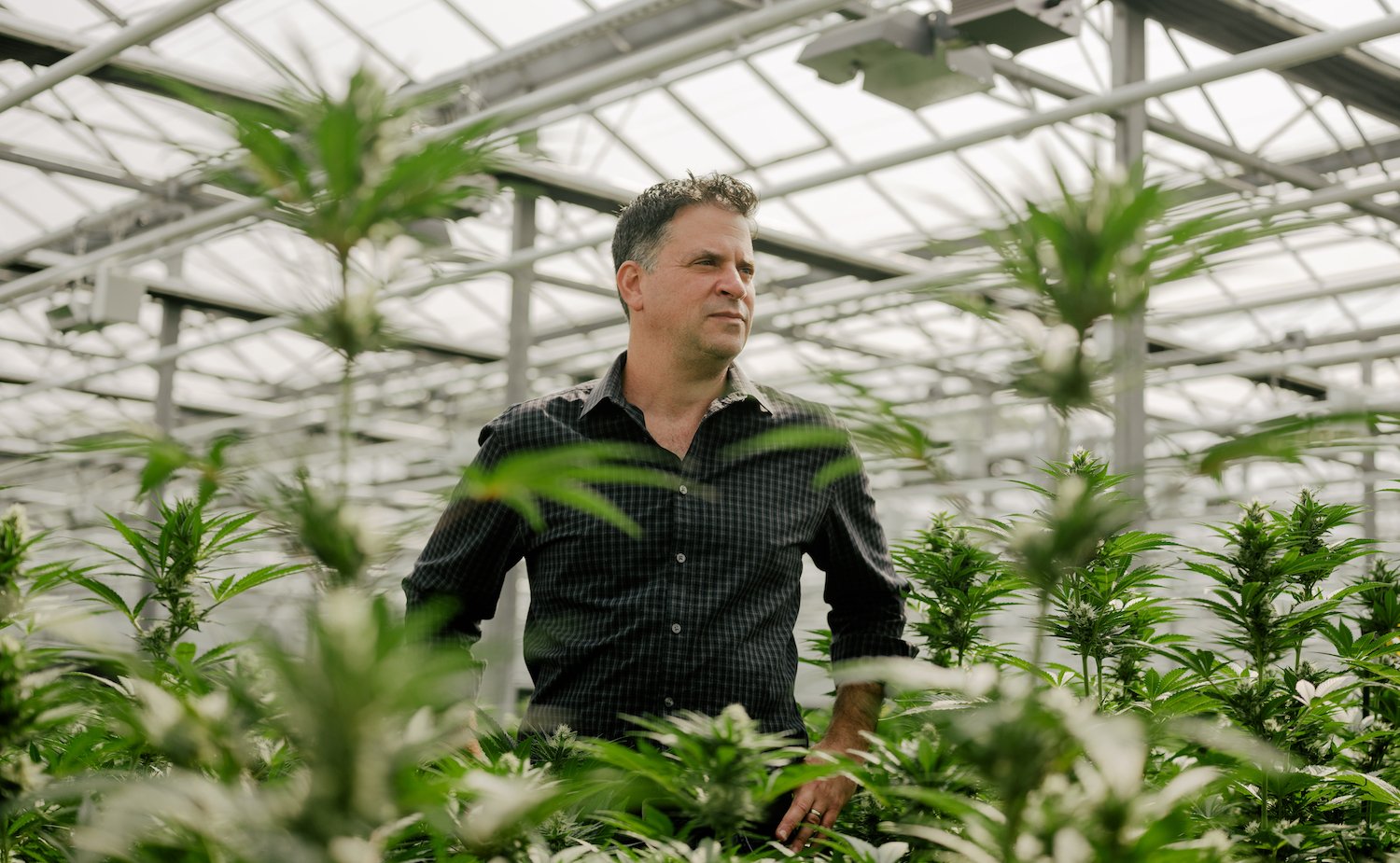When you think of Wall Street, you picture gray suits and leather briefcases strutting down a New York block at full speed with phones glued to their ears trying to close a deal in a hurry. When you think about cannabis, a laid-back attitude paired with a content smile shines through the clouds and tells you it’s all going to be alright.
But what if you mix the two? Combine one business with another?
When medical cannabis was legalized in Canada, very few were given the heads up about this investment opportunity. After all, it was slowly seeing progression on both the social and political fields across different nations.
One New York pharmaceutical hedge fund manager, Jason Wild, got a call from a banker in Ontario in 2014 with news that investing in medical cannabis could change the trajectory of his place in the game. With the newly legal product making its way into the nation’s market, Jason knew this was an opportunity he had to jump on. And, with that, he hit the jackpot.
Jason started his first fund in 1998 with $100,000 after getting his license to practice as a pharmacist the year prior. His knowledge in medicine helped him pivot from big pharma to “a more entrepreneurial” business model, he says, which was investing in smaller pharmacy companies like Arbor Pharmaceuticals LLC.
In this episode of The Plant Lady, the chief investment officer of JW Asset Management uses his background in the medical community to plant a seed in the cannabis industry that helped grow his total net assets to over $600 million in 20 years.
When he decided to sell Arbor, he began investing in another pharmaceutical: cannabis. Like the plant, his opportunities to grow in the market began to flourish instantly and widely when he partnered with companies that eventually went public after Canada went recreational. He felt the competition was scarce and it was his time to shine. With more demand than supply, profits were booming.
After joining the leading North American cannabis operator, TerrAscend, as their executive chairman in 2017, Jason saw the results of this prosperous market. Acquiring State Flower Cannabis, an apothecary dispensary chain in San Francisco, and turning toward the U.S. market through East Coast access helped get the stocks up. In fact, 2020 was their most profitable year-to-date.
But when the pandemic subsided, the cannabis industry went economically flat in 2021 and TerrAscend stopped doing expansions during that time. Two years later, Jason is now positive about the future. This past June, the company was listed on the Toronto Stock Exchange, becoming the first cannabis company to successfully trade on a major exchange as a U.S. multi-state operator.
It’s about staying afloat in choppy waters, Jason explains. “We’re getting punched in the face every day, but we’re getting to the point where it’s hurting the weaker players a lot more than it’s hurting the stronger players and that they should start seeing that we’re getting to the other side,” he says.
“Especially now, there’s so much distress everywhere that now there’s opportunities that we’re seeing in all of these states where we aren’t yet and we can really sort of wait for the best opportunity,” he continues. “These companies that are in 20 other different places—a lot of the very profitable states have license caps… so they wouldn’t be able to go over the cap.
”While legislation to overturn federal regulation of cannabis is not likely at this point in time, people in the industry are exploring paths to go to the Supreme Court in order to make it a state-wide issue instead of a national one. With a court that is highly supportive of states rights, this isn’t an impossible venture. After the overturning of Roe v. Wade, Jason believes this could be a signal that the judges would be willing to listen to this community’s case.
To find out more about this developing case and where the cannabis business stands today, listen to the full episode of The Plant Lady with Jackie Bryant and Jason Wild.

















